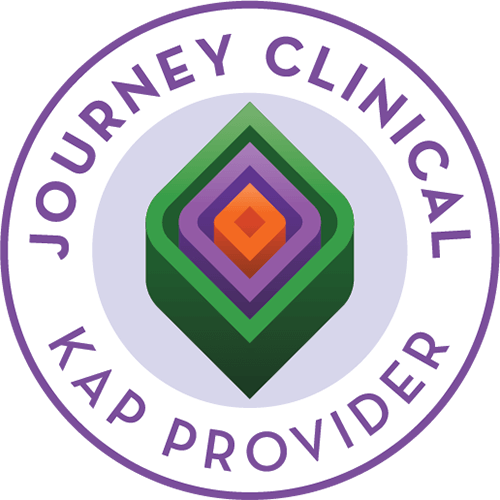"The psychedelic process can bring profound changes and some answers. But the person still has to implement these changes and make some hard life decisions for it to fully take effect.” – Jesse Gould
Integration is a pivotal phase in psychotherapy, especially following therapeutic experiences. It ensures that insights and breakthroughs translate into lasting personal growth. While this concept is often associated with psychedelic assisted psychotherapy, it is crucial across all forms of deep psychological work. Understanding integration and its significance can provide an invaluable perspective to those on their healing journey.
What is Integration?
Integration refers to assimilating the emotional, psychological, and spiritual insights gained during therapy into daily life. It bridges therapy sessions and real-world application, which is crucial for lasting change and growth.
Key Aspects of Integration
Integration involves three key components that contribute heavily to the extent to which self-exploration as part of the therapy process benefits you. The following three steps help you process the experience and knowledge you’ve gained.
- Reflection: A period of contemplation where individuals process their therapeutic experiences, often with the guidance of a therapist.
- Understanding: The phase where insights and their implications on the individual’s life are fully understood.
- Application: The practical implementation of these insights into daily living, aiming to foster positive changes and growth.
Why is Integration Important?
Integration is central to the therapeutic process. Understanding its role and learning how to facilitate its impact will help you experience lasting, meaningful change from your therapy sessions.
- Facilitates Lasting Change: It ensures that the therapeutic journey yields sustainable transformation by translating insights into actionable life changes.
- Promotes Deep Healing: Through integration, individuals can address symptoms and the root causes of their issues, leading to holistic healing.
- Supports Personal Development: The process aids in redefining self-perception and life goals, encouraging ongoing personal development and self-improvement.
The Integration Process
Understanding the steps involved in integration can demystify what can often seem like an overwhelming part of the healing journey:
Reflective Practices
- After therapy sessions, especially those involving deep exploration, individuals engage in reflective practices, either alone or with a therapist, to recount and make sense of their experiences.
Articulation of Insights
- This involves discussing and verbalizing the emotions, revelations, and understandings that emerged during therapy, facilitating a clearer comprehension and acceptance.
Strategic Application
- Developing strategies for incorporating these insights into everyday behaviors, decisions, and interactions is critical in the integration process.
Continuous Support
- Ongoing support from a therapist or a support group can be invaluable as individuals navigate the complexities of applying their insights to their lives.
Integration is essential to the psychotherapy journey, bridging the gap between therapeutic experiences and tangible life improvements. Whether in the context of psychedelic assisted psychotherapy or more traditional therapeutic approaches, understanding and engaging in the integration process can significantly enhance the effectiveness of therapy and promote lasting healing and growth. For those navigating their therapeutic journeys, embracing integration as a key healing phase can unlock profound transformations, leading to a more fulfilling and balanced life. If you’re ready to learn more about integration and experience fulfilling, effective therapeutic care, it’s time to call the Positive Counseling Center today. You can reach us about your first appointment by calling 844-355-6355.


